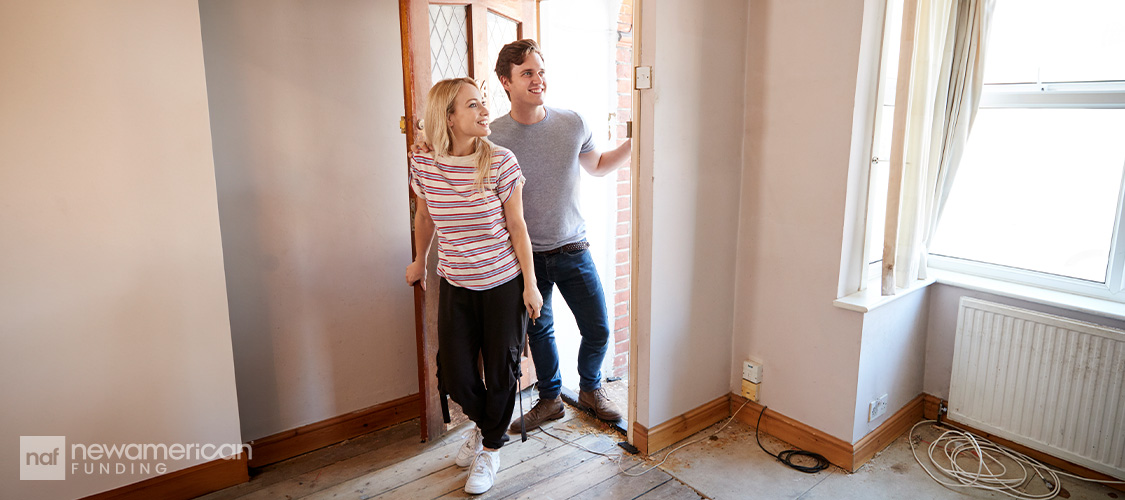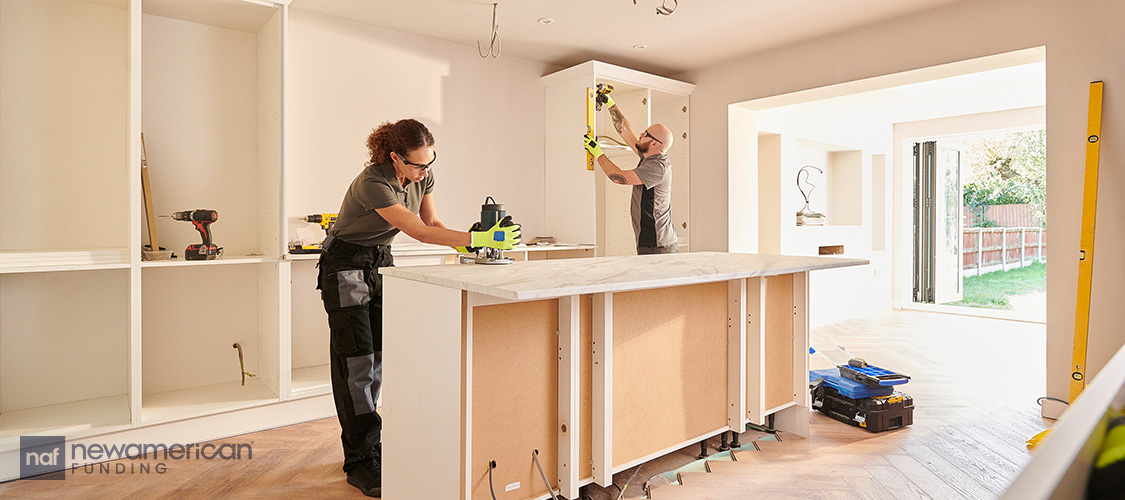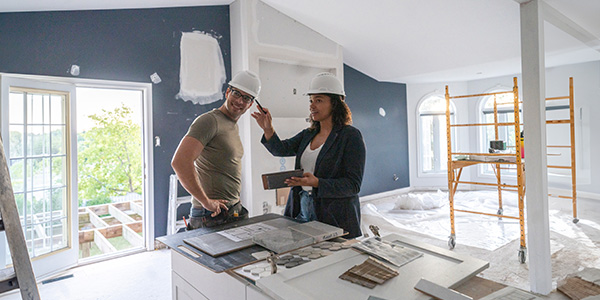Homebuyers
Want to Become a Real Estate Investor? Read This First
November 6, 2024
We’ve all read the stories and seen the reality-TV shows about people, ordinary people, who make a fortune investing in real estate by flipping houses and buying rental properties.
It looks so simple and I’ll-quit-my-day-job fun, but there’s a little more to it than turning over properties to turn a profit or cashing in by collecting rent checks every month. And there are risks.
“It’s not an easy way of making money,” said Charles Tassell, chief operating officer of the National Real Estate Investors Association. The national nonprofit trade group represents local investor associations, property owner associations, apartment associations and landlord associations. “But it is a tried-and-true process for building long-term wealth.”
If you’re eager to try it, there are several strategies that will get you into the investment game.
Invest in real estate through a REIT
One of the easiest ways to invest in real estate is doing so without outright purchasing individual properties. Real estate investment trusts (REITs), which are bought and sold through brokerage accounts, are securities that invest in a variety of real estate properties.
Similar to stocks, investors can earn profits by selling their shares for a higher price. They may also collect dividends.
However, these investments may suffer losses if the area they are invested in isn’t doing well.
Purchasing an investment property
Although the process of buying an investment rental property is the same as purchasing a home where you live, there are numerous other considerations to factor into the financial equation.
This may include higher mortgage rates and down payments if you finance your purchase.
Lenders may want buyers to put down at least 20%.
What to consider before purchasing a rental property

Investors who plan to rent out properties need to consider location, identify target renters, and how much similar homes in the area are renting for, said Tassell. They should also determine whether the property needs minor or major repairs and figure out how the property will be managed.
“Buying the wrong property, [it’s] ugly, too much work, especially too costly, is a sure-fire way to decrease the likelihood of success later,” said Tassell. Investors should also think ahead to eventually selling the home. “Buy with the exit strategy in mind.”
Being a landlord is not for the faint of heart. You must be prepared financially, physically and psychologically to take calls for stopped up toilets and malfunctioning heating systems at all hours of the day and night.
But it may really pay off.
“Building even a small portfolio of rental properties that have been through your proven renovation process can result in low-maintenance rentals providing long-term passive income,” Tassell said.
Scott Stuber and Tyrone Velasquez of Nuremberg Properties, which owns 13 rental properties in Dayton, Ohio and in Gainesville, Fla., typically put $12,000 to $15,000 into each home they purchase. That amount is low because they do most of the work themselves.
Although they initially hired a management company when they started out a decade ago, they now use an app that handles everything from collecting the rents and screening the tenants to logging repair requests and listing the units for rent.
However, when there was a kitchen fire in one of their Dayton properties, Stuber flew there every other week from his house in Denver for nine months.
“You have to be truly ready to do and cover unexpected items because they will come up unexpectedly,” said Stuber.
Short-term rental laws may change
Depending on where you live, short-term rentals, notably Airbnbs, may not be so easy to do. Local governments may have laws that prohibit or place restrictions on short-term rentals.
Just because you buy in an area that permits short-term rentals today, that doesn’t mean they will be allowed tomorrow. These laws may change at any time.
In New York City, for example, the owner must register the home as a rental, live on the property, and be present while the guests are staying there.
You also need to be prepared for problematic guests and potential damage. Investors may also need to get special insurance for short-term rentals.
Home flipping may be risky

Buying and renovating houses to flip, the option that’s touted as a major “get-rich-quick” play, may require a substantial financial investment in a short time.
Investors need to buy the property and pay for the rehab—without knowing if there are potentially expensive problems hiding under the floorboards.
There is also no guarantee that investors will recoup their investment in a sale. If home prices fall before they sell the home, they may wind up losing money.
“It can create large payouts, but must be repeated successfully in order to obtain the next payout,” Tassell said.
What investors need to know about capital gains taxes
As with primary residences, the sale of rental properties is subject to capital-gains taxes. However, the rules are slightly different. (You also must pay income taxes on the rental money coming in while you own the property.)
These taxes can be as high as 20% depending on your income bracket.
There are ways to lessen or defer capital-gains taxes. You can convert the property to a primary residence that you live in. By following the strict residence rules established by the IRS, you may decrease the tax burden.
Or you can do a 1031 exchange. This is when you buy an investment property of the same or greater value within a set time limit. That allows you to defer paying capital-gains taxes on the original property.






 Smart Moves Start Here.
Smart Moves Start Here.